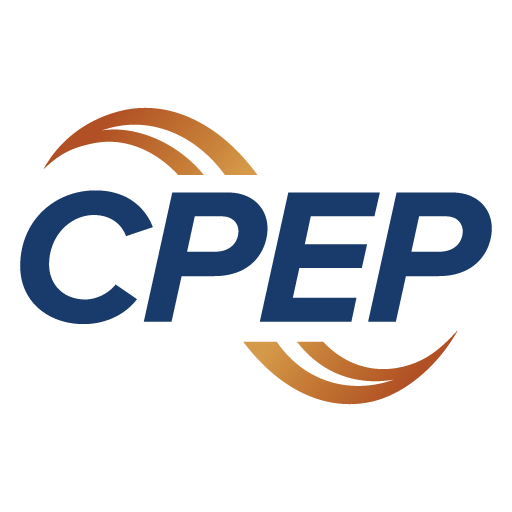Improving Inter-Professional Communication Action Plan
A central challenge in self-growth activities is to move from expanded self-awareness into acquired knowledge and skill development and finally to application as sustainable action. To assist in your self-growth during this seminar, you will participate in the development of an Action Plan. The Action Plan exercise is designed as a planning-focused activity to capture your new insights and commitment to make needed change. This activity is hard work in that it is intensive, cerebral, practical, and, more importantly, requires honest self-assessment and accountability. In fact, your action plan can be the key to your successful return to the practice environment.
The Action Plan is only a plan and not an end or result in itself. The Action Plan must lead to action to be beneficial to you – and as a result, to be of benefit to your team. To assist you in your work to form a plan, we explore Prochaska’s change model, ask you to self-reflect and to consider your readiness to take action. In this module, we introduce and discuss Prochaska’s Transtheoretical Model of Behavior Change (Prochaska, J. O., Velicer, W. F. (1997). “The Transtheoretical Model of Health Behavior Change.” American Journal of Health Promotion, 1997, 12(1), 38-48.), S.M.A.R.T. goal-setting strategies (Doran, G.T. (1981) There’s a S.M.A.R.T. way to write management’s goals and objectives. Management Review (AMA FORUM) 70 (11): 35–36.), and engaging an accountability partner.
Module 2 Learning Objectives:
- Identify your current level of motivation to make needed changes
- Recognize your readiness to make critical changes in relation to Prochaska’s Change Model
- Apply SMART goal-setting strategies in your plan of action
- Explain the benefit and role of engaging an accountability partner
